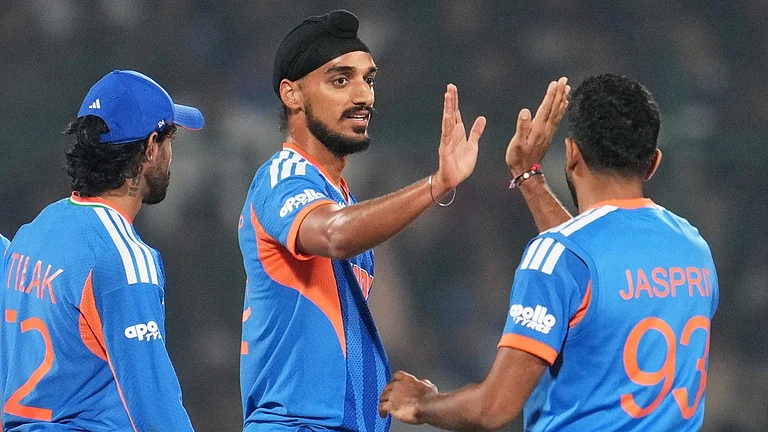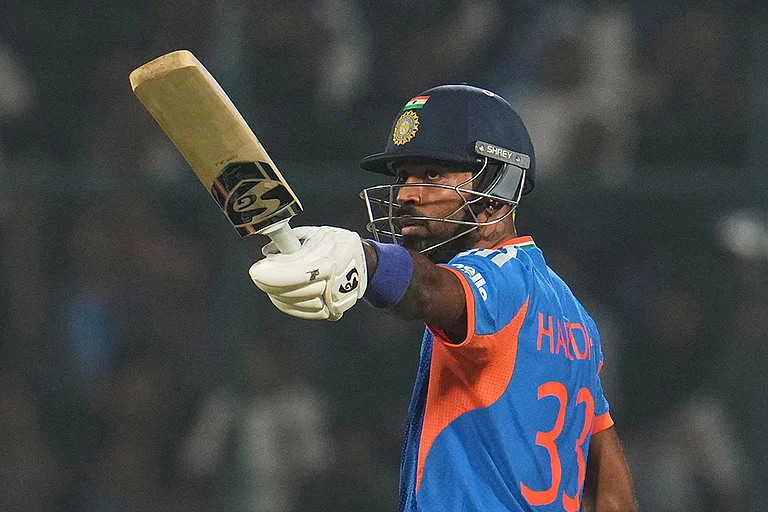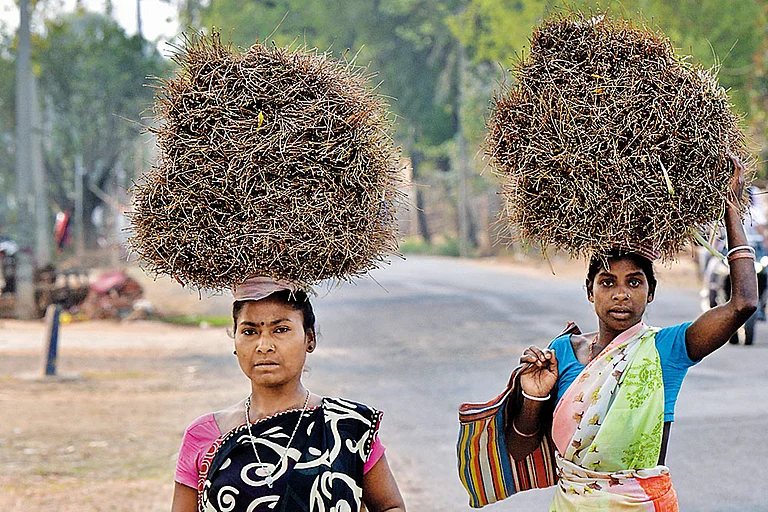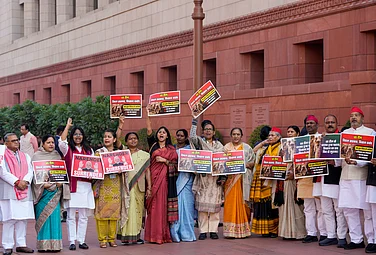Russian lawmakers on Thursday set the date of the country’s 2024 presidential election for March 17, as reported by Associated Press, bringing President Vladimir Putin one step closer to a potential fifth term in office.
Despite not officially declaring his candidacy, Putin, aged 71, is widely expected to do so in the coming days now that the election date has been confirmed.
Under constitutional reforms he orchestrated in 2020, he is eligible to seek two more six-year terms after his current one expires next year. This will potentially allow him to remain in power until 2036.
Putin has been Russia’s most powerful politician since he assumed the presidency in 2000, after the resignation of his predecessor, Boris Yeltsin.
If he remains in power until 2036, his tenure will surpass even that of Joseph Stalin, who ruled the Soviet Union for 29 years, making Putin the longest-serving Moscow leader since the Russian empire.
Having already established tight control over Russia’s political system, Putin's victory in the election seems almost certain. Notable critics who could challenge him are either incarcerated or residing abroad, and independent media outlets have largely been banned.
Neither the prolonged military campaign in Ukraine nor a failed rebellion last summer by mercenary chief Yevgeny Prigozhin appear to have significantly impacted Putin's high approval ratings, as reported by independent pollsters.
Possible candidates
The landscape for potential challengers remains uncertain. Two individuals, former lawmaker Boris Nadezhdin and journalist/lawyer Yekaterina Duntsova, have announced plans to run. However, navigating the election process could be challenging for them. Unless nominated by one of the five political parties in the State Duma (Russia’s lower house), they would need to gather a substantial number of signatures across multiple regions.
Russian election laws stipulate that candidates from parties not represented in the State Duma or in at least a third of regional legislatures must submit at least 100,000 signatures from 40 or more regions. Independent candidates would need a minimum of 300,000 signatures from 40 regions or more.


























